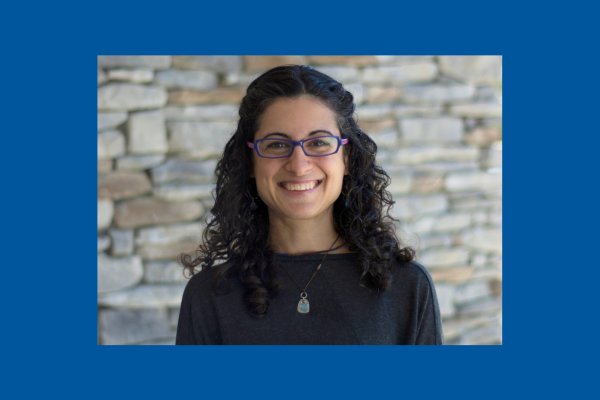
We welcome Raheleh Ghasseminia, MS, OT/L, who joined the Occupational Therapy Doctorate Division as an assistant professor on October 1.
Personal Life
Born in California, Raheleh lived all over the U.S. as a child because of her parents’ work. She attended college and graduate school at UNC and has called Hillsborough home since 2006.
She enjoys spending time with her 23-year-old daughter, Skye-Anne, a second-year PhD student at Duke’s Nicholas School of the Environment, and her 16-year-old, Dakota, a junior at Cedar Ridge High School in Hillsborough.
“Road and trail running, racing, cooking, and time with our dogs, Harper and River, bring me so much joy, and I enjoy many of these activities with my children and friends!”
Professional Life
Raheleh has been an occupational therapist for 18 years and an occupational therapy educator in academia for 10 years. She loves working with clients, interprofessional teammates, community partners, and students to help enable occupations that enhance adults' health and well-being, particularly those with neurological conditions. Specifically, I work with these groups to understand and address disparities in participation in sexual and bowel and bladder function-related occupations that influence their quality of life.
“As an educator-practitioner,” Raheleh said, “I value translating occupation-centered practice between the classroom and practice environments, strengthening occupation-centered teaching and learning.”
Her role with Duke OTD excites her because it is a novel position that focuses on the enhancement of occupation-centered teaching and learning and that works to facilitate cohesion across the rich and diverse aspects of the curriculum.
“As someone who is personally and professionally committed to developing inclusive, caring, and deep connections, it is an honor to have the opportunity to apply these values to my role in Duke OTD, the Department of Orthopedic Surgery, and the School of Medicine as a whole.”
In the next 5 to 10 years, Raheleh wants to see occupation-centered teaching and learning spaces become even more accessible to a diverse population of teachers and learners.
“I hope that occupational therapy practitioners and educators are consistently a part of interprofessional teams providing equitable and comprehensive care for people who seek enhanced participation in sexual and bowel and bladder function-related occupations,” Raheleh said. “I hope that occupational therapy practitioners will consistently consider the social, historical, and political factors influencing access to and participation in occupations that contribute to health and well-being.”